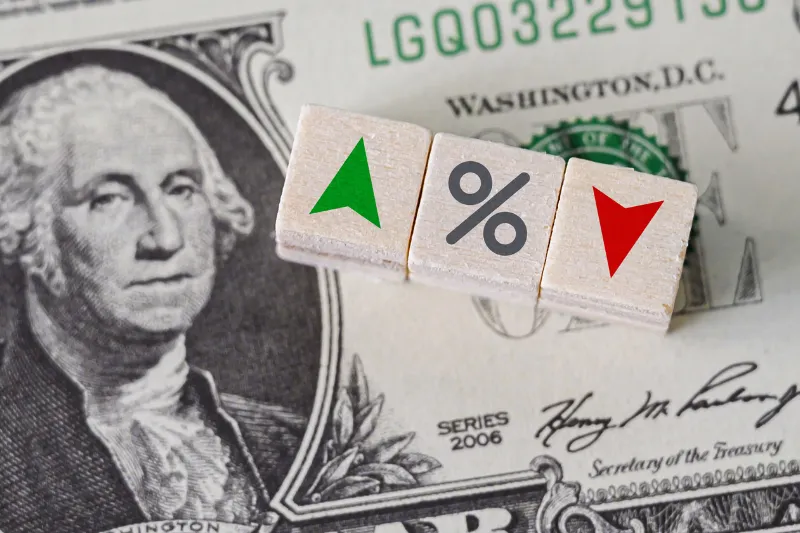If you’re a homeowner with a mortgage, you may be familiar with the concept of an escrow account. This financial tool is designed to simplify the management of property-related expenses by combining certain costs, such as property taxes and insurance, into one account. Typically, your mortgage servicer collects a portion of these expenses with each monthly mortgage payment and holds the funds in an escrow account to cover these bills when they become due. For more information, contact a loan officer at First Capital Group in Visalia, Tulare, Porterville, and Bakersfield.
Various factors can lead to fluctuations in these estimated expenses. If the actual costs turn out to be lower than anticipated, your escrow account may end up with an excess balance, resulting in a refund check being sent to you.
Overpaid Escrow Account:
One common reason for receiving a check from your mortgage escrow account is that it has been overfunded. An escrow account’s purpose is to ensure there are sufficient funds to cover property taxes, homeowners’ insurance, and, in some cases, private mortgage insurance (PMI) when they come due.
Reassessment of Property Taxes:
Property taxes are a significant component of an escrow account, and they can change over time due to reassessment by local authorities. If your area’s property tax rates decrease or if your home’s assessed value is reduced, the amount needed to cover property taxes may decrease.
Insurance Premium Reduction:
Similarly, if your homeowner’s insurance premium decreases for any reason, such as a change in coverage or a reduction in risk factors, your escrow account may have extra funds available. Your mortgage servicer will then send you a check for the surplus amount. For more information, contact a loan officer at First Capital Group in Visalia, Tulare, Porterville, and Bakersfield.
Escrow Account Audit:
Mortgage servicers occasionally conduct audits of escrow accounts to ensure accuracy and compliance with applicable laws. If the audit reveals that there is an excess balance, they will send you a check to rectify the situation.
Refinancing or Payoff:
If you recently refinanced your mortgage or paid off the loan entirely, your escrow account may have a surplus after all outstanding expenses are settled. In such cases, you’ll receive a refund check for the remaining funds.
Receiving a check from your mortgage escrow account can be a pleasant surprise, as it indicates that you’ve overpaid into the account, or your expenses have decreased. The refund serves as a return of your money and can provide a little extra financial flexibility.
Remember that while having an overfunded escrow account is beneficial, it’s crucial to regularly review your escrow statements and communicate with your mortgage servicer about any changes that could affect the account’s balance. For more information, contact a loan officer at First Capital Group in Visalia, Tulare, Porterville, and Bakersfield.




